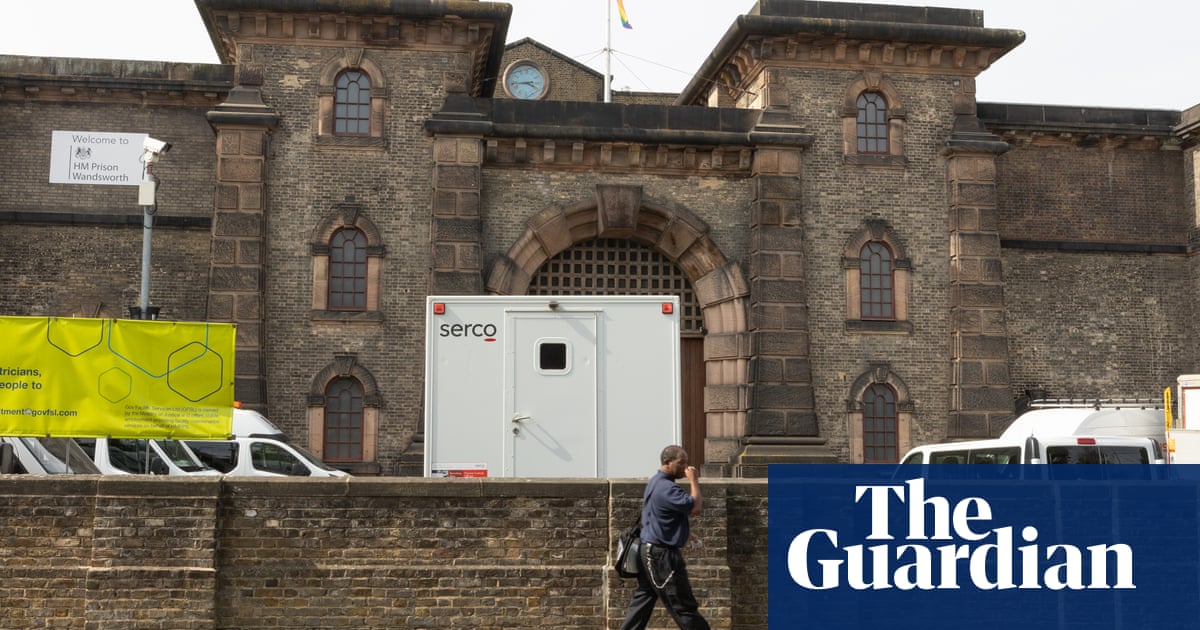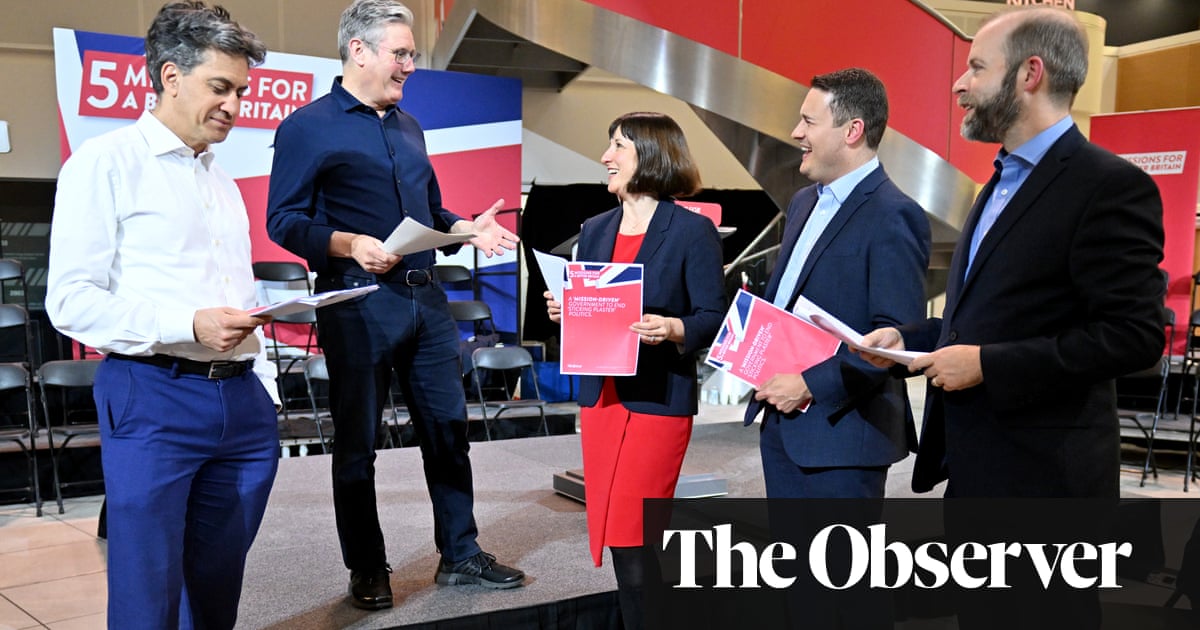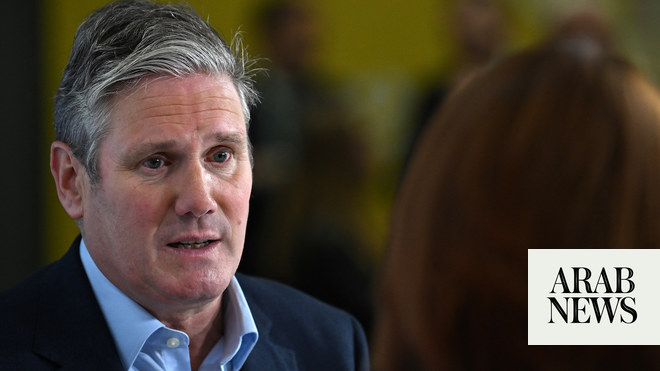
Nick Thomas-Symonds praises police and promises to back frontline officers
Labour must be a party of responsibility that backs frontline police officers and promises to keep the public safe from crime, the new shadow home secretary, Nick Thomas-Symonds, says.
In an interview with the Guardian, the Welsh MP, promoted to the shadow cabinet in Keir Starmer’s comprehensive reshuffle last weekend, said crime was a “progressive issue”, and lavished praise on the police for enforcing the coronavirus lockdown.
“Labour have a message that we will keep you, your family and your community safe. That’s very much the approach that I come from,” he said.
“I grew up in the constituency I represent, in the eastern valley of the South Wales coalfields, in an era when jobs and opportunities were being taken away by the Thatcher government. And it really did strike me then, that crime was an issue that progressives had to be serious about.”
“Responsibility is the word that I would use,” he said. “Responsibility to others, to society: there is such a thing as society, there’s no doubt about that. Crimes have victims; they damage the fabric of that society. But there is a responsibility for government as well, and it’s the responsibility to keep people safe.”
He was at pains to praise the police officers given the task of enforcing the coronavirus lockdown, despite widely cited instances of over-zealousness.
“I’ve obviously seen those various incidents that have happened. But I just think it’s unfair when I as a politician have handed over this enormous set of powers, to then start picking on particular officers and particular forces.
“What I’m trying to do is to recognise the difficult situation, and the latitude we do need to give to our officers,” he said. “By and large, I think the police are getting it right.”
With some of the best-known figures in Jeremy Corbyn’s shadow cabinet relegated to the backbenches, either voluntarily or at Starmer’s hand, Thomas-Symonds and his new shadow cabinet colleagues will be intently scrutinised for clues to Labour’s direction.
Like the party’s new leader, he strikes a resolutely constructive tone regarding the government’s handling of the virus.
“In a public health emergency, a national crisis like this – it’s difficult to think of anything comparable since 1945, frankly – my view is that we have to support the government in the aim of minimising loss of life through the crisis. That’s absolutely in the national interest, and absolutely what we aim to do. But we have to balance it with scrutiny,” he said.
But Thomas-Symonds said he hoped the crucial frontline role played by NHS workers and others in the crisis, and the weekly nationwide round of applause, would help to change attitudes to migration.
The government’s new points-based system, due to come into force next year, is expected to set a salary threshold of £25,600 – or more in some sectors – with the aim of halting low-skilled migration.
“One thing I really hope this crisis has taught the Conservatives, is that the value of what people do is not always reflected in the salary that they’re paid,” Thomas-Symonds said.
“We hear a lot of warm words about our police, the ambulance services, the fire services, our NHS workers, our care workers. But take nurses: when you look at the salary threshold that’s being proposed, nurses, especially when they’re starting off, are below it, and I think the government has to seriously look at how we value people in our society.”
He declined to be drawn on what migration system Labour would like to see, saying it would be “fairer”, and that developing it in detail would be an important focus for the party over the next two to three years.
“In terms of migration and broad principles, Labour’s an internationalist party. Labour will always believe in the right to live and to work in other countries. Of course we will; also in terms of fairness, and a recognition that the immigration system is about people. It’s not about numbers, it’s not about statistics, it’s about people,” he said, describing the Windrush scandal as a “shameful” episode.
While little known outside Westminster, the 39-year-old has written two biographies of Labour’s great figures – Aneurin Bevan and Clement Attlee – and practised as a barrister until becoming an MP in 2015.
Before training as a lawyer, he taught politics at Oxford University. “I’ve studied the history of the home secretaries, and my impression is that the really successful home secretaries are strategic,” he said. “They have a really strong sense of what their priorities are, and they give a very strong sense of direction, and when that disappears, I think that’s when you start to get into trouble.”
He is surprised his Tory opposite number, Priti Patel, has not played a more prominent role during the crisis. Major decisions are being overseen by a “quad” of senior ministers, chaired in the prime minister’s absence by the first secretary, Dominic Raab, and including the health secretary, Matt Hancock, the chancellor, Rishi Sunak, and the cabinet office minister, Michael Gove.
Asked about Patel’s absence from the inner circle, Thomas-Symonds says: “I do think the home secretary should be out on the media regularly, showing her support for our police officers. We want to say them very clearly as politicians, we back what you’re doing and we understand the difficulties.”












